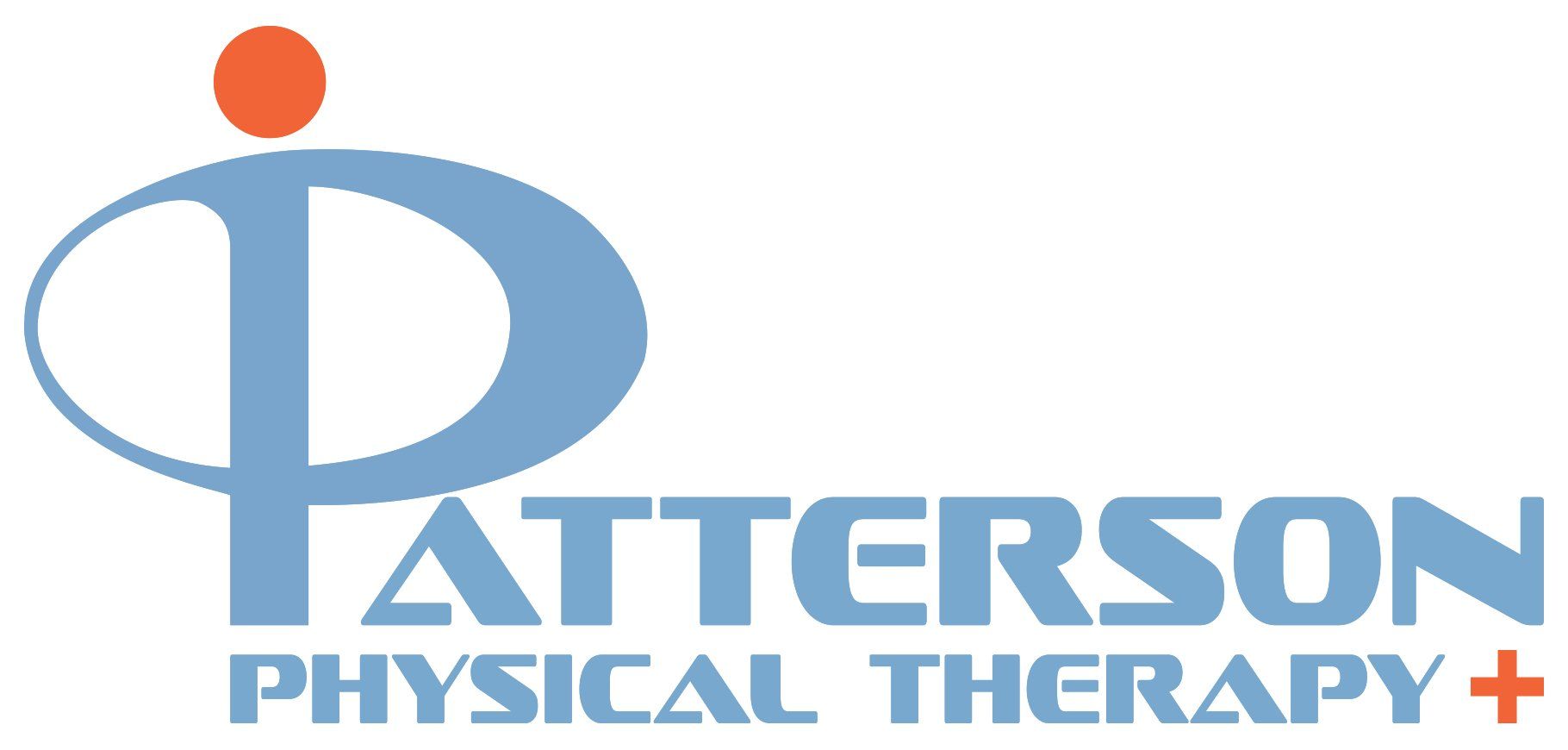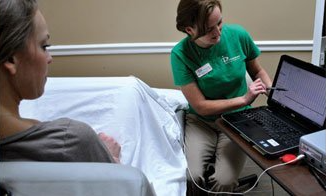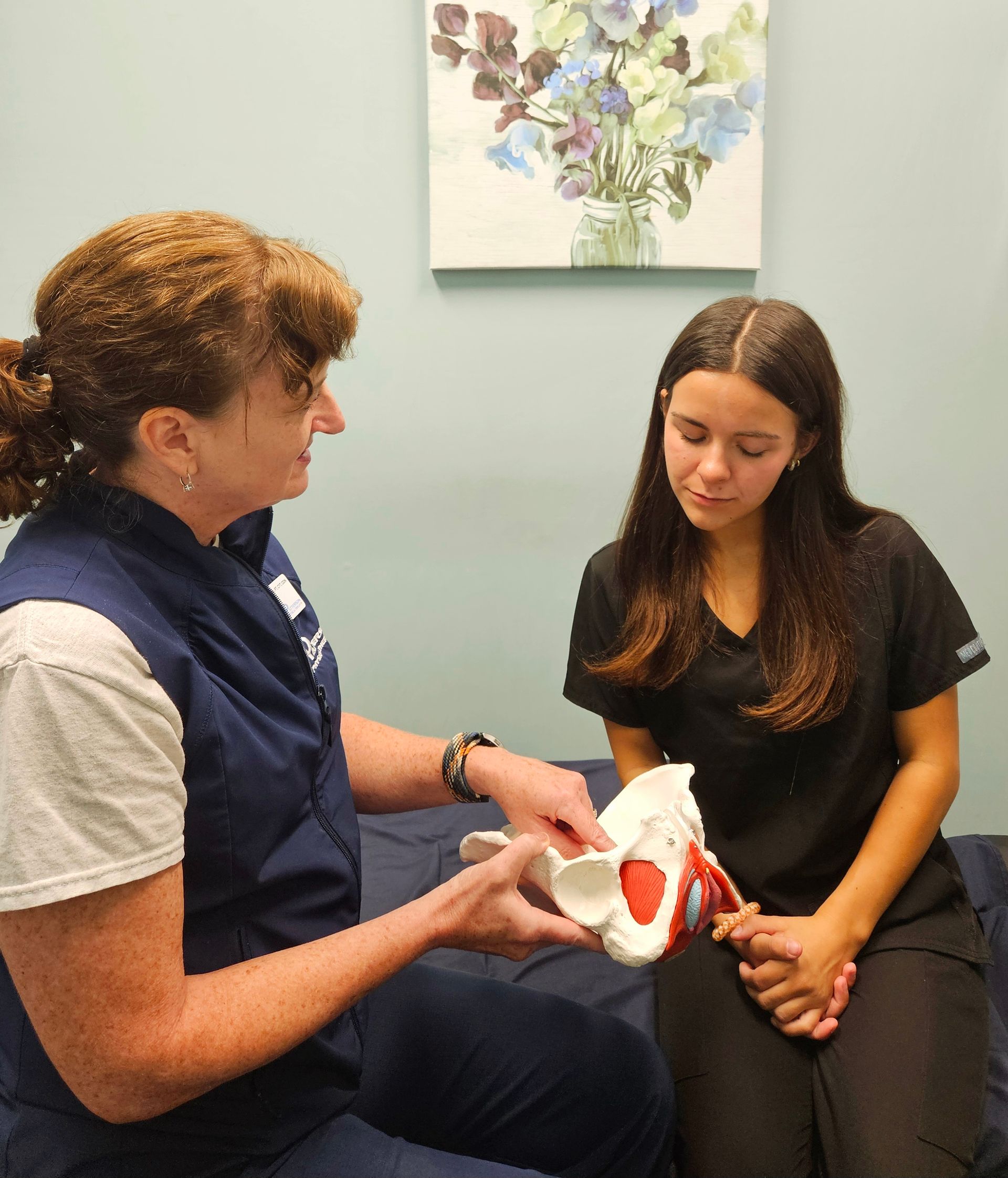You Don't Have to Suffer with Pelvic Pain or Incontinence
Every Woman Can Benefit From Pelvic Health Therapy!
Patterson Physical Therapy has developed a team of specialty trained therapists to treat pelvic floor dysfunction and a variety of women’s health concerns. We treat pelvic floor dysfunction in children, adults, and geriatric populations. Our team will treat bowel, bladder, and sexual function disorders and works closely with the client to meet their needs. If you are uncertain if this therapy will help your needs, then we offer free consultations with one of our pelvi health specialist team members.
During pelvic floor therapy, we use modalities such as biofeedback, neuromuscular electrical stimulation, yoga therapy, myofascial release techniques, manual joint mobilization and therapeutic exercises for overall pain control, bladder retraining, and pelvic girdle strengthening.
Common Diagnoses Treated in Our Women's Health Therapy Sessions
- SI joint dysfunction
- Endometriosis
- Pain with sex
- Low back, hip or abdominal pain
- Painful scar tissues
- Sciatica
- Urinary Incontinence
- Pregnancy and postpartum issues
- Tailbone pain
- Pelvic organ prolapse
- Painful or overactive bladder
- Pain in the genitals or rectum
- Chronic constipation
- Fecal Incontinence
What Happens During the Evaluation?
- The therapist will take a detailed medical history including pre-pregnancy, pregnancy, and labor and delivery.
- You will be asked questions about bladder, bowel, and sexual function.
- Your body as a whole will be assessed for issues with posture, flexibility, strength, and movement patterns.
- Abdominal muscles will be checked for separation (diastasis recti).
- Internal pelvic floor muscles may be checked for pain, muscle tone, strength, and coordination.
- A biofeedback test to the pelvic floor muscles will be done to give visual feedback to the function of the pelvic floor.
How is Pelvic Floor Dysfunction Treated?
- Manual therapy to relax tight muscles, release trigger points, break down scar tissue and reduce muscular pain.
- Exercises to strenthen the leg, pelvic floor, and abdominal muscles.
- Stretching and relaxation exercises for tight or painful muscles to improve flexibility and reduce pain.
- Exercises to improve postural alignment and body balance.
- Biofeedback reeducation of the pelvic floor muscles.
- Behavior modification and patient education regarding diet, bladder, and bowel habits.
- Modalities such as heat, ice, electrical stimulation, and ultrasound.
Call us at
731-300-4950
to find out more about
our women's health
therapy treatment.
“I have been to several doctors and even had surgery, but nothing helped my pelvic pain. Beth Patterson was able to find the cause of the pain and help teach me how to reduce the pain and control the symptoms. I am grateful that my doctor referred me to her.”
Amy T.



